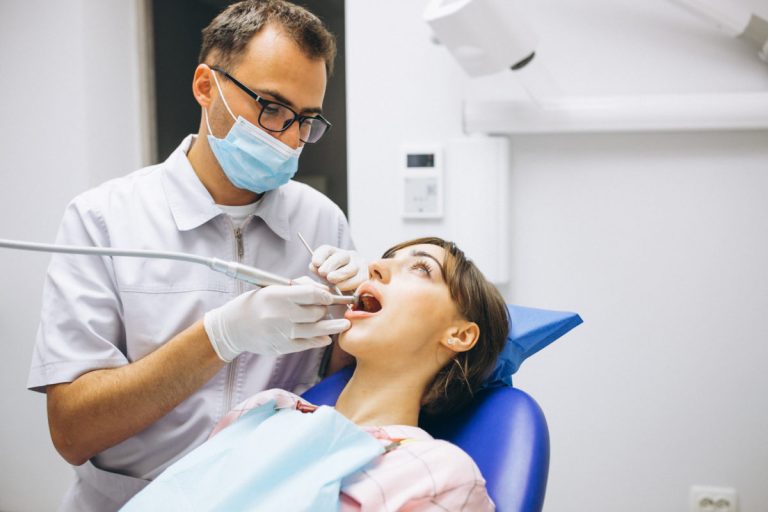The Future of Dental Care: Embracing AI-Powered Predictive Techniques
The Dawn of Digital Dentistry
The landscape of dental care is rapidly evolving, with artificial intelligence (AI) emerging as a transformative force in oral health diagnostics and treatment planning. Modern dental practices, including those of any dentist Coorparoo patients might visit, are increasingly incorporating AI-powered technologies to enhance patient care and improve treatment outcomes.
Understanding AI in Dental Care
Artificial intelligence is revolutionising the way dental professionals approach patient care. Recent advances in machine learning algorithms for dental diagnostics have demonstrated remarkable accuracy in detecting various oral health conditions, from cavity formation to periodontal disease.
Predictive Analytics in Oral Health
One of the most promising applications of AI in dentistry is its ability to predict potential oral health issues before they become severe. Harvard Medical School researchers have demonstrated how AI systems can predict dental problems with unprecedented accuracy, allowing for earlier interventions and more personalised treatment approaches.
The Role of AI in Modern Dental Practices
Today’s dental practices are implementing AI-powered tools that assist in various aspects of patient care:
- Advanced imaging analysis for precise diagnostics
- Treatment planning optimisation
- Patient risk assessment and prevention strategies
- Automated appointment scheduling and patient communication
Enhanced Diagnostic Capabilities
AI-powered diagnostic tools are transforming the way dental professionals identify and treat oral health conditions. These systems can analyse radiographs and clinical images with remarkable precision, often detecting subtle changes that might be overlooked by the human eye. When visiting a dentist in Coorparoo patients can benefit from these advanced diagnostic capabilities, which enable more accurate and timely treatment decisions.
Treatment Planning and Optimisation
AI systems are now capable of generating comprehensive treatment plans by analysing patient data, medical history, and current oral health status. This technology helps dental professionals make more informed decisions about treatment options and timing, leading to improved patient outcomes.
Patient-Centred Care Through Technology
The integration of AI in dental practices has significantly enhanced the patient experience through personalised care approaches. These systems can analyse individual risk factors, lifestyle habits, and genetic predispositions to create tailored prevention strategies and treatment recommendations.
Preventive Care and Early Intervention
AI-powered predictive analytics are particularly valuable in preventive dentistry. By analysing patterns in patient data, these systems can identify potential issues before they develop into serious conditions. This capability enables dental professionals to implement preventive measures early, potentially reducing the need for more complex treatments in the future.
The Impact on Dental Practice Management
Beyond clinical applications, AI is transforming the operational aspects of dental practices through:
- Streamlined administrative processes
- Improved patient communication systems
- Enhanced record-keeping and documentation
- More efficient appointment scheduling
Quality Assurance and Standardisation
AI systems help maintain consistent quality standards across dental procedures by providing standardised protocols and treatment recommendations. This standardisation ensures that patients receive reliable care regardless of when they visit their dental practice.
Looking Ahead: The Future of AI in Dentistry
As AI technology continues to advance, the dental industry can expect to see even more sophisticated applications emerge. These may include:
- Real-time treatment guidance systems
- Advanced 3D printing integration
- Automated patient monitoring solutions
- Enhanced virtual consultation capabilities
Shaping Tomorrow’s Dental Care
The integration of AI-powered predictive techniques in dentistry represents a significant step forward in oral healthcare delivery. As these technologies continue to evolve, they will undoubtedly play an increasingly important role in improving patient outcomes and streamlining dental practice operations. The future of dental care lies in the successful marriage of human expertise and artificial intelligence, creating a more efficient and patient-focused approach to oral health management.
Any surgical or invasive procedure carries risks. Before proceeding you should seek a second opinion from an appropriately qualified health practitioner.







